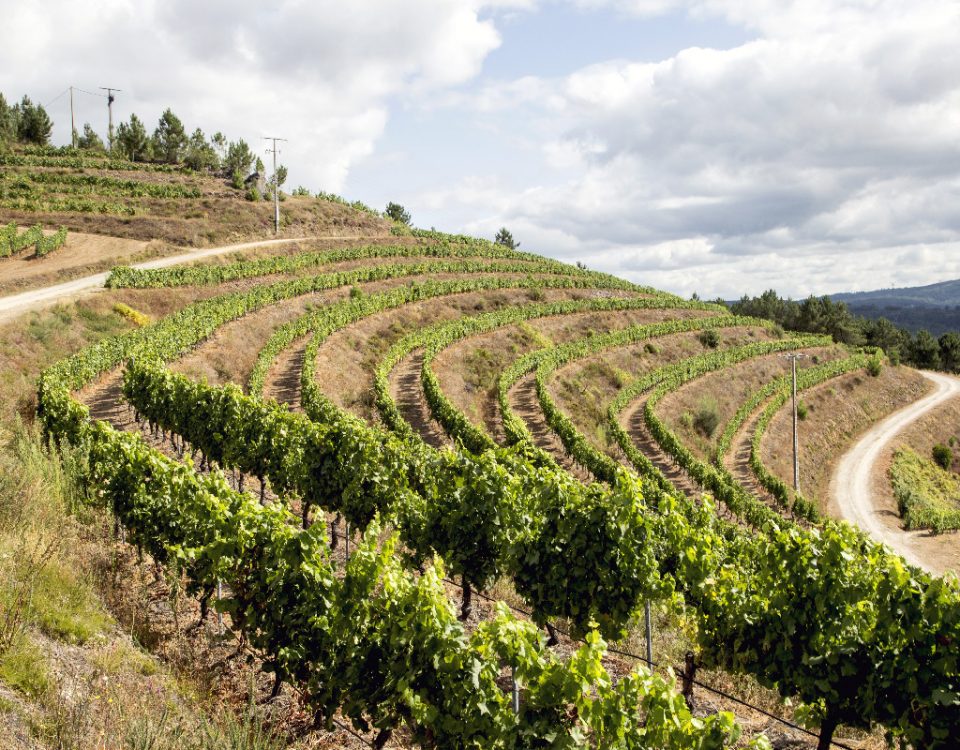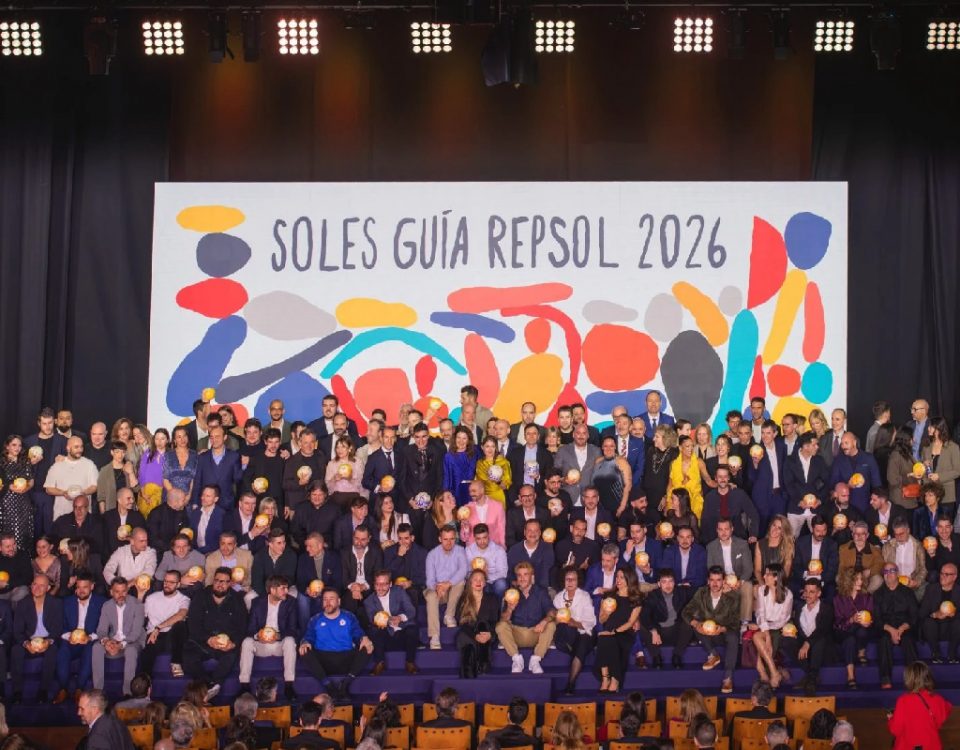- El mejor turismo de galicia
Exceltur revises its forecast of fall and advances that the year will end with losses of almost 99 billion for the Spanish tourism sector
Exceltur revises its forecast of fall and advances that the year will end with losses of almost 99 billion for the Spanish tourism sector
The report update figures the losses in Galicia in -3,586 million Euros, which is equivalent to -52.7% less income derived from tourism than in the previous year
The Exceltur tourism company has updated its forecast of the fall in tourism sector income for the end of the year and advances losses of -98,753 million Euros, which means a fall of more than 15,620 million Euros with respect to the losses initially forecast in June, before the resurgence. This new figure means that the whole of the Spanish tourism sector will close the year with 64.7% less tourism activity than in 2019.
In the case of Galicia, the losses will be -3,586 million Euros, equivalent to -52.7% less income from tourism than in the previous year, a loss that, however, can not yet assess the impact of new measures adopted from this week of closing nightlife and hospitality from one o’clock in the morning.
The new figure that advances Exceltur is the result of a summer full of restrictions on the arrival of foreign travelers to which joins the resurgence in different points which, according to Exceltur, “draws a bleak picture for the whole of the Spanish tourism sector that will soon be forced to seek an urgent and powerful aid plan to facilitate the survival of much of the viable business and employment.
According to this latest forecast report for the third quarter of the year and new scenario estimated for the end of 2020, sales data, and cancellations available the first half of August, reveal a flattening of the already slow recovery expected in mid-June, and point to the early closure of the summer season. The report adds that this fall in tourism activity would explain more than half of the -15.1% drop in the entire Spanish economy in 2020 (57.5% of national GDP according to the scenario of greater risk anticipated by the Bank of Spain in June and in line with that predicted by other official international institutions). As a result, the The latest estimate from the OECD ranks us as the developed country with the economy most affected by the fall in tourism.
By territory, Catalonia and the Balearic Islands will experience the greatest impact, due to their greater dependence on foreign tourism, followed by Madrid and Andalusia, while Galicia, Northern Spain and inland communities will experience somewhat lesser drops in activity due to the greater presence of national demand and proximity.
Impact on employment
This situation of losses and early closure of the season will also have an impact “of unprecedented dimensions” on employment. By the end of July, 823,000 fewer employees had been counted (517,000 jobs sustained thanks to the ERTE’s and 306,000 fewer members due to drops in recruitment), with the greatest impact being on travel agencies, transport, accommodation, restaurants and leisure premises.
Renacer Plan
Once again, Exceltur highlights that these results place the Spanish tourism sector as the most damaged of all the sectors of the Spanish economy and therefore urgently demands a very powerful plan of transversal measures from the Government to support the sector in order to save viable tourism companies from September onwards. All starting from an extension of the ERTE, s until Easter 2021, without reducing subsidies and with an adequate provision of own funds (budget) and Brussels, to ensure greater business survival and employment support, until at least spring 2021, which in the best case, is seen as the new era closer, to try to revive tourism activity, with minimal guarantees.
The report also stresses the need to intensify a territorial management strategy for monitoring and controlling the pandemic, which should be much more coordinated, using all the necessary means and a common regulatory framework at national level, accompanied by more positive and coordinated public and private communication, which, while not ignoring the objective of defeating the virus, should avoid misleading messages and/or unfounded scaremongering, which would slow down an activity that is essential for the social welfare and employment, or encourage external messages that discuss reputation or health security in Spain.
Finally, the report demands the unification for the whole European Union of the COVID criteria that regulate the movement of people and tourist flows throughout the EU, recovering the tourist corridors and procuring the obligation of tests in origin and/or destination that minimize risks.









